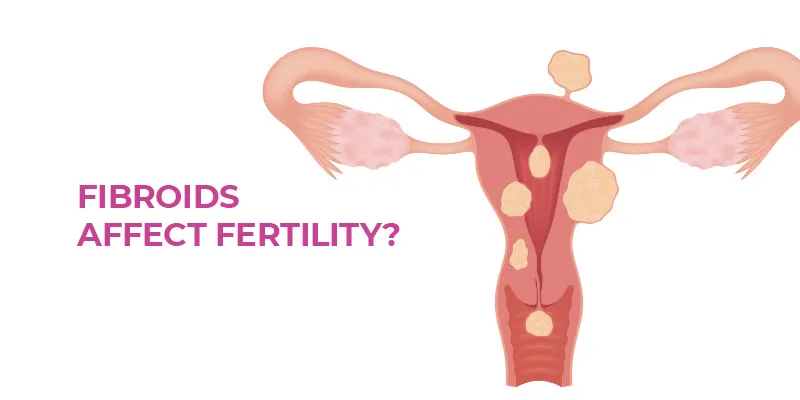Navigating Infertility and Fibroids: A Comprehensive Guide
November 21, 2023
Infertility can be a challenging journey for many couples hoping to conceive. Various factors can contribute to difficulty in getting pregnant, and one such factor is the presence of fibroids. In this article, we will explore the connection between infertility and fibroids, understand the challenges they present, and discuss potential solutions for overcoming these obstacles.
What are Fibroids?
Fibroids are non-cancerous growths that develop in or around the uterus. They are also known as uterine fibroids or leiomyomas. Fibroids can vary in size, ranging from tiny seedlings to large masses that can distort the shape of the uterus.
How do Fibroids Affect Fertility?
The impact of fibroids on fertility depends on their location and size.
- Submucosal fibroids grow inside the uterine cavity and can interfere with embryo implantation.
- Intramural fibroids develop within the muscular wall of the uterus but don't typically directly impact fertility unless they are very large.
- Subserosal fibroids grow on the outside of the uterus and may put pressure on surrounding organs, potentially affecting fertility.
Common causes of infertility associated with fibroids include:
- Distorted Uterine Cavity: Large submucosal fibroids can change the shape of the uterus, making it difficult for a fertilised egg to implant properly.
- Blockage of Fallopian Tubes: The presence of bulky intramural or subserosal fibroids may obstruct the fallopian tubes, preventing the sperm from reaching the egg.
- Endometrial Disruption: Fibroids can disrupt the normal functioning of the endometrium, the lining of the uterus, affecting embryo implantation and development.
- Hormonal Imbalance: Fibroids may alter hormonal levels, potentially disrupting ovulation and the menstrual cycle.
Symptoms of Fibroids
Although many women with fibroids don't experience any symptoms, others may have:
- Heavy or prolonged menstrual bleeding
- Pelvic pain or pressure
- Frequent urination
- Constipation
- Back or leg pain
- Difficulty getting pregnant or recurrent miscarriages.
Treatment Options for Fibroids and Infertility
Treatment options available include:
- Medications: Hormonal medications such as gonadotropin-releasing hormone agonists can help shrink fibroids temporarily by inducing menopause-like conditions.
- Surgery: In cases where fibroids significantly impact fertility or cause severe symptoms, surgical intervention may be necessary.
- Assisted Reproductive Technologies (ART): In vitro fertilisation procedure (IVF procedure) is often recommended when fibroids cannot be easily treated through other methods.
- Embolisation: Uterine artery embolisation is a minimally invasive procedure that involves blocking blood flow to fibroids, causing them to shrink and die.
In conclusion, understanding the relationship between infertility and fibroids is crucial for couples struggling to conceive. By seeking appropriate medical guidance and exploring tailored treatment options, it is possible to overcome these challenges. Are you wondering, 'Which is one of the best fertility centres near me'? Apollo Fertility, a renowned healthcare brand in India, offers comprehensive fertility tests and treatments that encompass both male and female factors contributing to infertility.
Yes, fibroids can recur even after treatment. Regular monitoring is essential to detect any new growth or changes in existing fibroids.
Maintaining a healthy weight, exercising regularly, and managing stress levels may help manage fibroid symptoms. However, lifestyle changes alone cannot eliminate fibroids.
Yes, with appropriate treatment and management of fibroids, many women are still able to conceive and have successful pregnancies.